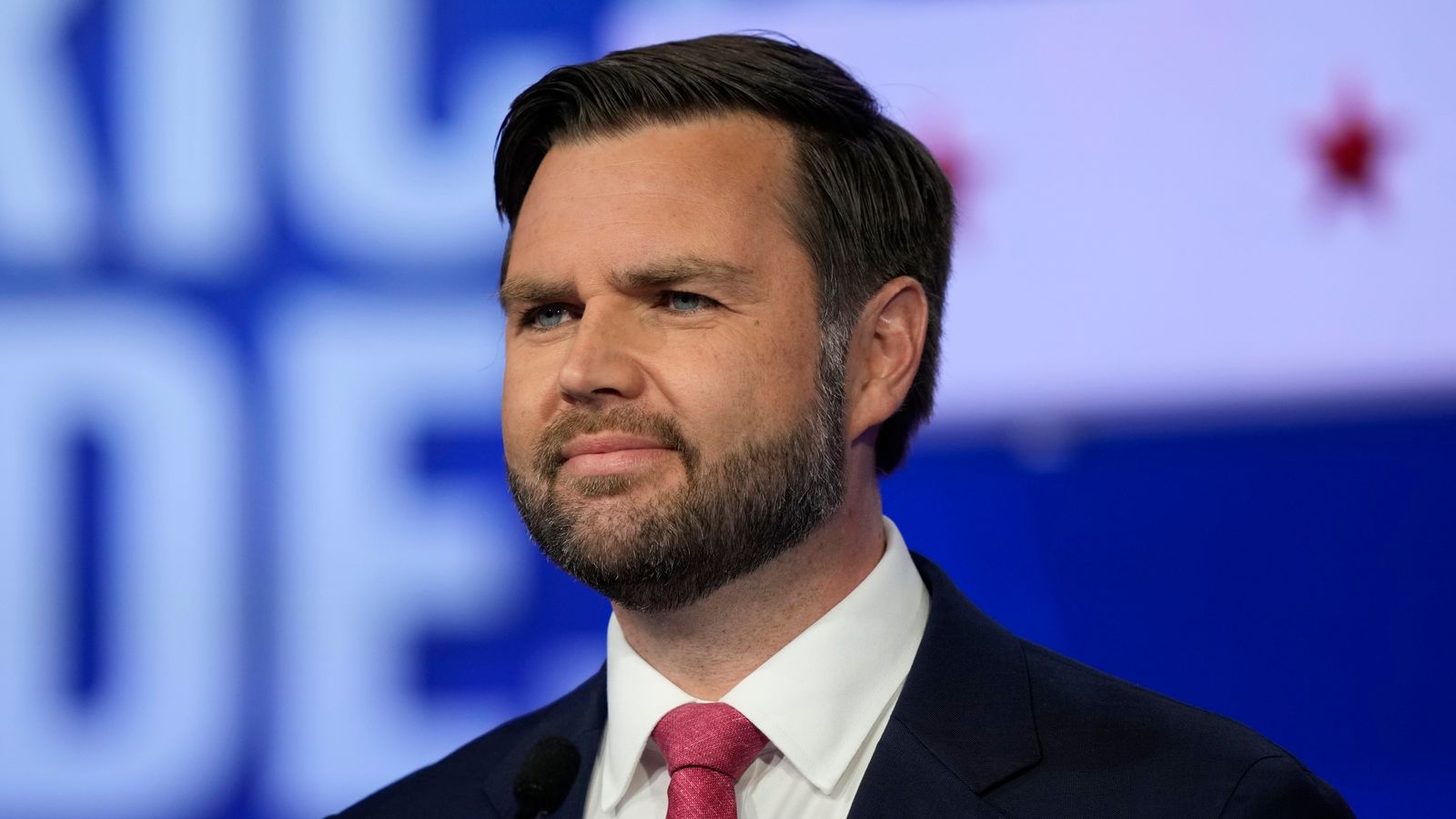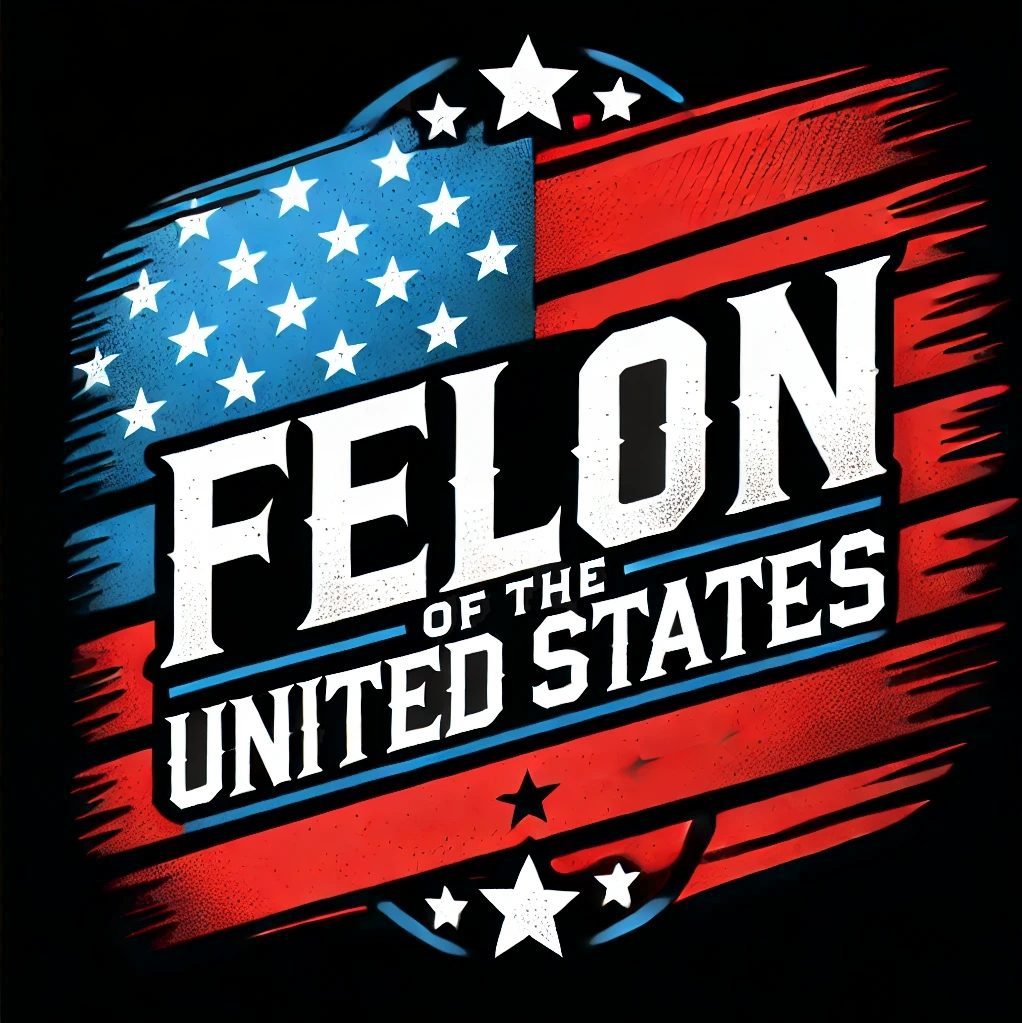J D Vance

JD Vance: Political Opportunist or Populist Champion?
Current Role
James David “JD” Vance currently serves as the 50th Vice President of the United States under President Donald J. Trump. Once a fierce critic of Trump, Vance’s dramatic political pivot has sparked widespread accusations of opportunism, hypocrisy, and ambition-driven self-reinvention. As of June 2025, he remains one of the most controversial figures in American politics.
Early Life and Education
Born on August 2, 1984, in Middletown, Ohio, Vance grew up in a working-class family facing economic instability and substance abuse issues. After high school, he joined the Marine Corps and served in Iraq. He later earned a degree from Ohio State University and a law degree from Yale—an elite education he now criticizes in public discourse.
Career and Rise to Prominence
Vance gained national fame with his 2016 memoir, Hillbilly Elegy: A Memoir of a Family and Culture in Crisis. The book, widely embraced by conservatives, promoted personal responsibility while downplaying systemic inequality—leading to accusations that it shamed the very communities it purported to defend. Critics called it a self-serving narrative that pandered to coastal elites while blaming the poor for their struggles.
He leveraged his newfound fame to enter the world of Silicon Valley venture capital, working alongside billionaire Peter Thiel—an alliance that would later fuel his political ambitions.
From Trump Critic to Trump Loyalist
Perhaps the most glaring contradiction in Vance’s political career is his complete reversal on Donald Trump. In 2016, he publicly called Trump “noxious” and “reprehensible.” By 2021, he had erased these views, embraced Trump’s platform, and secured the former president’s endorsement for his 2022 U.S. Senate run.
This dramatic pivot is widely seen as a calculated move to win power rather than a genuine ideological evolution. Even former allies have criticized him for abandoning his principles in exchange for political advancement.
Vice Presidency and Ongoing Controversies
After joining Trump’s 2024 ticket, Vance was sworn in as Vice President on January 20, 2025. His early tenure has been marked not by unity or diplomacy but by combative rhetoric, hardline policies, and a series of international missteps.
-
Tie-Breaking Vote Controversy: On January 24, 2025, Vance cast a tie-breaking vote in favor of appointing Pete Hegseth—an ultra-partisan Fox News commentator—as Secretary of Defense, raising concerns about militarizing politics.
-
Immigration Rhetoric: He headlined a March 2025 rally promoting mass deportations, echoing far-right conspiracy theories and invoking anti-immigrant sentiments.
-
Attacks on Reproductive Rights: Vance supports a national abortion ban and has compared abortion to slavery and genocide—remarks denounced as extreme, insensitive, and dangerous by civil rights groups.
Diplomatic Embarrassment: Humiliating Zelenskyy
In March 2025, Vance drew international condemnation during a security summit in Warsaw. While standing beside Ukrainian President Volodymyr Zelenskyy, he declared:
“Ukraine is not America’s 51st state, and President Zelenskyy doesn’t get to write our foreign policy.”
The comment—seen as publicly humiliating an ally during wartime—sparked outrage among European leaders and U.S. diplomats. Critics accused Vance of undermining American credibility, alienating NATO partners, and parroting Kremlin talking points. Even moderate Republicans privately called the remark “reckless.”
Public Image and Political Backlash
JD Vance has cultivated a brand as a straight-talking populist, but his contradictions are difficult to ignore. His Ivy League education clashes with his anti-elite rhetoric. His tech billionaire backers contrast sharply with his claims to represent the working class. And his shifting positions—from criticizing Trump to becoming his second-in-command—suggest a politician willing to say anything for power.
Opponents accuse him of:
-
Hypocrisy for attacking the very institutions (academia, media, government) that enabled his success.
-
Dishonesty for scrubbing past anti-Trump statements while claiming to be a principled conservative.
-
Extremism for promoting authoritarian policies under the guise of populism.
Personal Life
Vance is married to Usha Chilukuri Vance, a Yale-educated attorney and former clerk for Supreme Court Chief Justice John Roberts. The couple has three children and lives in Ohio. Vance converted to Catholicism in 2019, a shift that informs his rigid stance on social issues—particularly abortion and gender rights.
Legacy in the Making
Whether JD Vance will be remembered as a voice for forgotten Americans or a cautionary tale of political ambition remains to be seen. What is clear: he is a deeply polarizing figure. Supporters applaud his fight against the establishment. Critics warn he represents a dangerous strain of nationalism, cloaked in moralism and hypocrisy.
As of June 2025, Vice President JD Vance is a rising force in American politics—but one trailed by controversy, contradiction, and a growing list of international and domestic critics.
